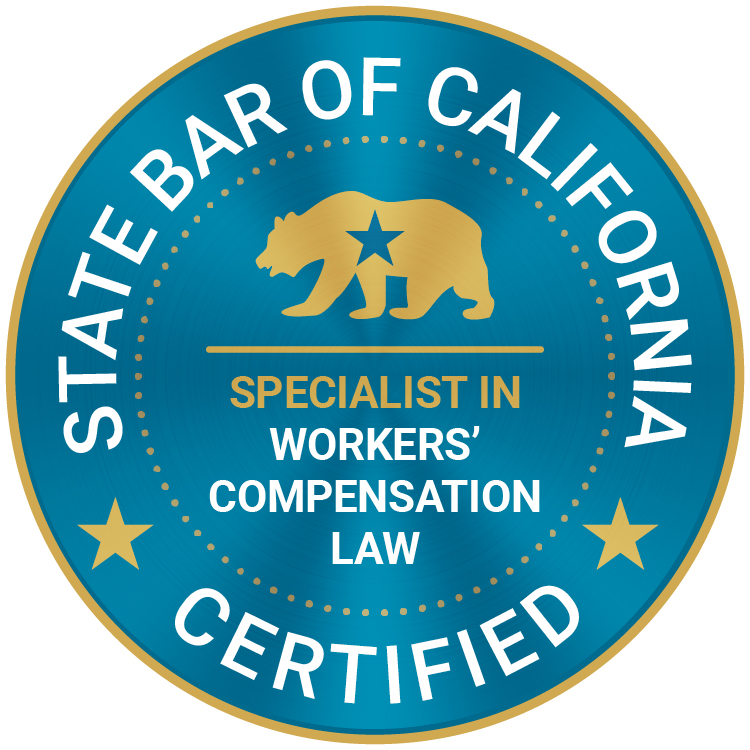Work Comp Injury | Failed Back Syndrome
Disability
Failed back surgery syndrome (also called FBSS, or failed back syndrome) is actually not the right description, as it is not actually a syndrome - it is a very generalized term that is often used to describe the condition of patients who have not had a successful result with back surgery or spine surgery and have experienced continued pain after surgery. There is no equivalent term for failed back surgery syndrome in any other type of surgery (e.g. there is no failed cardiac surgery syndrome, failed knee surgery syndrome, etc.).
There are many reasons that a back surgery may or may not work, and even with the best surgeon, spinal surgery is not a guarantee for improvement.
When a client has life-changing chronic pain following a back surgery, the disability in the workers' compensation system can be complicated to rate. The current system requires use of a book called the AMA Guides which rates "medical impairment." Medical impairment often does not take into account functional loss. Functional loss is essentially how you are limited in your daily life and work. Medical impairment often times will not take into account that the impact of the pain.
Medical Care
Medical care for failed back syndrome can include pharmacologic management of pain, physical therapy, and behavioral modification and may include therapeutic procedures such as injections, radio-frequency ablation, lysis of adhesions, spinal cord stimulation, pain pump, and even another spinal surgery.
These cases have high medical cost exposure to workers' compensation insurance companies. Therefore, carriers will want to settle the future medical. However, without understanding the long term cost of this type of medical problem, it can be hard to evaluate the value. If a Medicare Set Aside trust is not performed (see below), then it's recommended that an attorney obtain a life care plan from a qualified person to address those issues.
Social Security / Medicare
In many catastrophic claims, the injured worker is eligible for Social Security Disability. Although that is not an area of law we handle, it's important for a workers' compensation attorney to understand the impact of Social Security with the workers' compensation claim; special paperwork needs to be done.
Additionally, Medicare is a critical benefit especially if the injured worker has other health conditions. A workers' compensation settlement can impact Medicare rights, therefore, your attorney must understand how to prepare the proper paperwork that Medicare will approve.
Structured Settlements / Medicare Set Aside Trusts
If you are on Social Security Disability and/or you are a Medicare beneficiary, then a Medicare Set-Aside Trust (MSA) would be required before you settle your case by Compromise and Release. The workers' compensation insurance company would obtain a MSA from a company who prepares them. Then that MSA would need to be submitted to CMS (the third-party agency that Medicare uses to address these issues). The MSA company would need all medical records from your workers' compensation case in the last two years, a prescription list from all pharmacies for the last two years, and a Social Security Administration release.
Special Needs Trusts
If a client is on Medi-Cal, public assistance, welfare, or any other benefit which is dependent on income and assets, a Special Needs Trust may need to be setup in order to properly settle a workers' compensation case.
Pre-Existing Conditions Combined With Failed Back
If a client has failed back syndrome, that injury alone may not limit them from having a productive future at work. However, in some cases, the injured worker has pre-existing injuries, health conditions, anxiety, depression, and other disabling conditions that the worker could manage before the failed back condition. However, the failed back has put the client "over the edge" as far as ability to work in the market.
Basically, from a practical point of view when you combine the pre-existing problems with the failed back symptoms, the client cannot function in the open labor market. This doesn't mean that they can't live their life; it means they cannot compete in a competitive job market. There is a special type of workers' compensation claim called a Subsequent Injuries Benefit Trust Fund (SIBTF) claim and that type of claim is one that your attorney should understand and consider in these situations.


